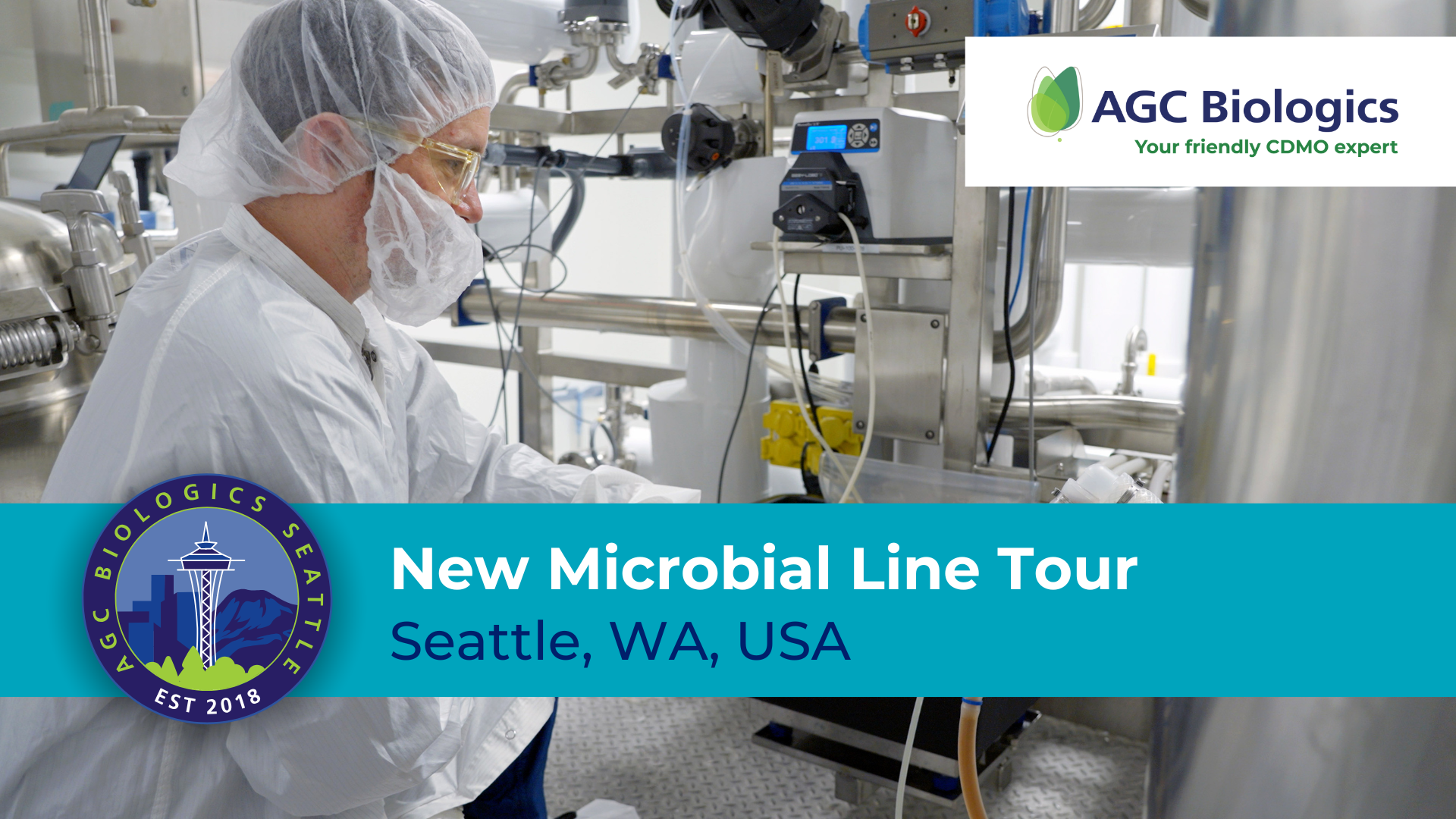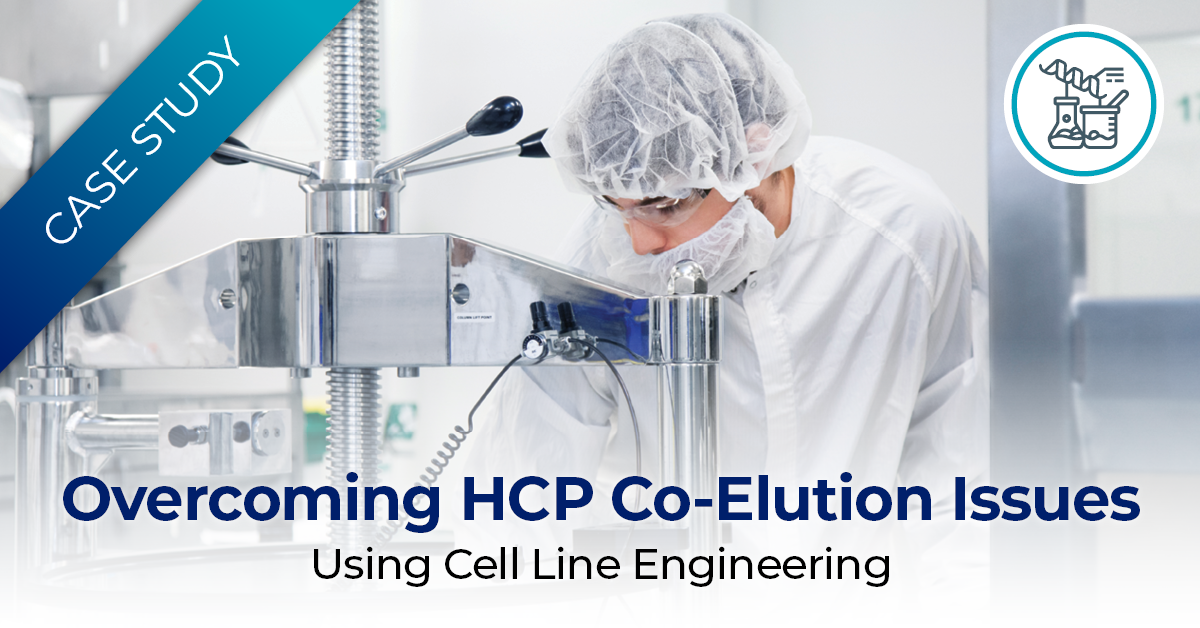1 min read
3 Important Factors Driving Orphan Drug Development & Manufacturing
Nick McDonald February 27, 2023 at 5:56 PM

Today, there are 300 million people living with a rare disease worldwide (Rarediseaseday.org), and supporting them via orphan drug treatments is extremely important. Orphan drugs are also extremely complex and hard to create. Over the last 30 years the scientists working in the AGC Biologics network have developed a deep expertise in helping to bring these important treatments to market. To help address this market barrier, there are three key factors that must be addressed when developing these important treatments.
Controlling the Process
By having a deeper understanding of the process control strategy early in the development cycle, we are able to scale clients’ products with greater certainty. In demonstrating control, from the lab bench to the manufacturing facilities, we can establish confidence internally and from a regulatory perspective that we, AGC Biologics, and the product sponsor understand the critical process parameters and quality attributes entirely as we produce these complex and important drug products. Efficient and focused analytical development ideas are also important to consider, setting in motion better process control.
Identifying a Global Supply Chain
Due to swelling pipelines of cell and gene therapies, all the ‘building blocks’ needed to manufacture potentially curative therapeutics for rare diseases — plasmids, viral vectors and cell therapy materials — are potentially plagued by global capacity shortages. AGC Biologics is one of very few CDMOs to have a global network producing all the elements of the supply chain, with end-to-end cell and gene therapy services, and protein biologics services that span pre-clinical through commercial production (including regulatory guidance).
Flexibility is key
Most orphan drugs are low-volume, high-value products — they treat small patient populations with highly concentrated, complex formulations. So, a CDMO must be flexible enough to scale with projects as they progress through the development process and into commercial production. Single-use technologies allow us to adapt the operational scale within our facilities without the need for expensive or timely capital engineering solutions.
This information is based on an AGC Biologics interview featured in Pharmaceutical Manufacturing Magazine, click here to read the full article.



